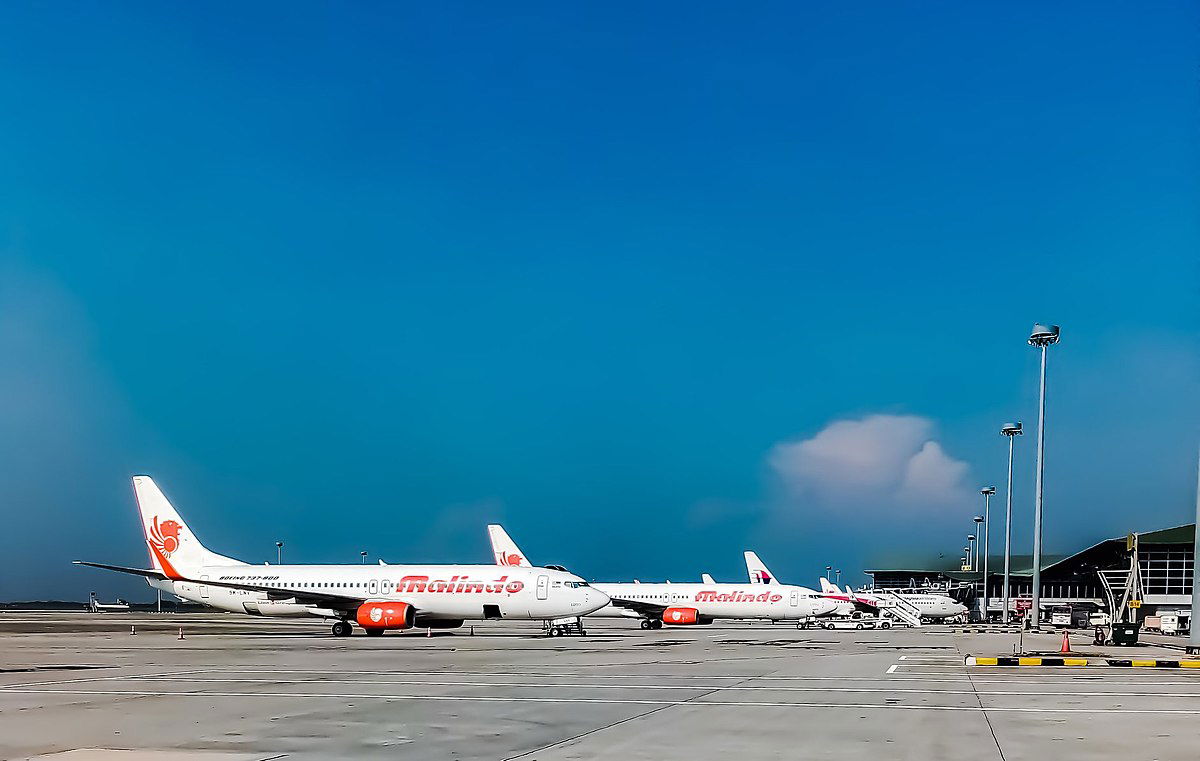The rehabilitation hopes to support the recovery of flights and improve passenger confidence
Kuala Lumpur International Airport (KLIA) has fully renovated Runway 1, which has recently passed calibration and audit checks by the Civil Aviation Authority of Malaysia (CAAM), enabling it to be ready to support recovery flight operations.
The rehabilitation was incorporated in the KLIA ‘Runway Sustainability Master Plan’ that bases its framework on the continuous safety measures in place at the hub.

Construction was completed within six months and comprised of maintenance works that were carried out in line with the implementation and distribution of the vaccine programme.
Runway 3 also went under development last year as Malaysia Airports continued with its investment programmes to ensure the site was ready to recommence operations and passenger confidence could begin to restore.
When at full capacity, KLIA is capable of handling 78 flight movements per hour.
“Currently, 51 airlines which include 41 commercial passenger, and 10 cargo airlines are operating at KLIA and contributing to an overall increase in flight movements by 77.4% last month over the same period in 2020,” said Dato Mohd Shukrie Mohd Salleh, group chief executive officer of Malaysia Airports.
“As for passenger movements, KLIA also saw an increase by 88.2% last month over May 2020, at 166,000 passengers. This emphasises on the importance of improving our offerings to cater to the gradual return of air travel especially after the recent announcement on the possibility of permitting those who have been fully vaccinated to be allowed to travel interstate or even overseas.”
Last month, the operator reported 1.6 million passengers passing through its facilities, with the majority travelling through Turkey’s Istanbul Sabiha Gokcen International Airport (ISG).
As borders are still closed in Malaysia, those wishing to travel internationally must have their flight previously approved in line with guidelines set out by the region’s government. Among these customers are students, travellers returning to their countries, diplomats and those flying for business.
Despite the restrictions, ISG is reportedly optimistic regarding the recovery of air travel as airlines – including Pegasus and AnadoluJet – have began introducing new flights to Batumi, Lyon, Hanover and Pristina.
Furthermore, cargo operations are still appearing resilient. In the first quarter, a total of 281,000 metric tonnes of freight was handled – an increase of 23% compared with last year.
New cargo airline, Kargo Xpress has also begun operating at the hub, expanding the number of goods operations to 19.

